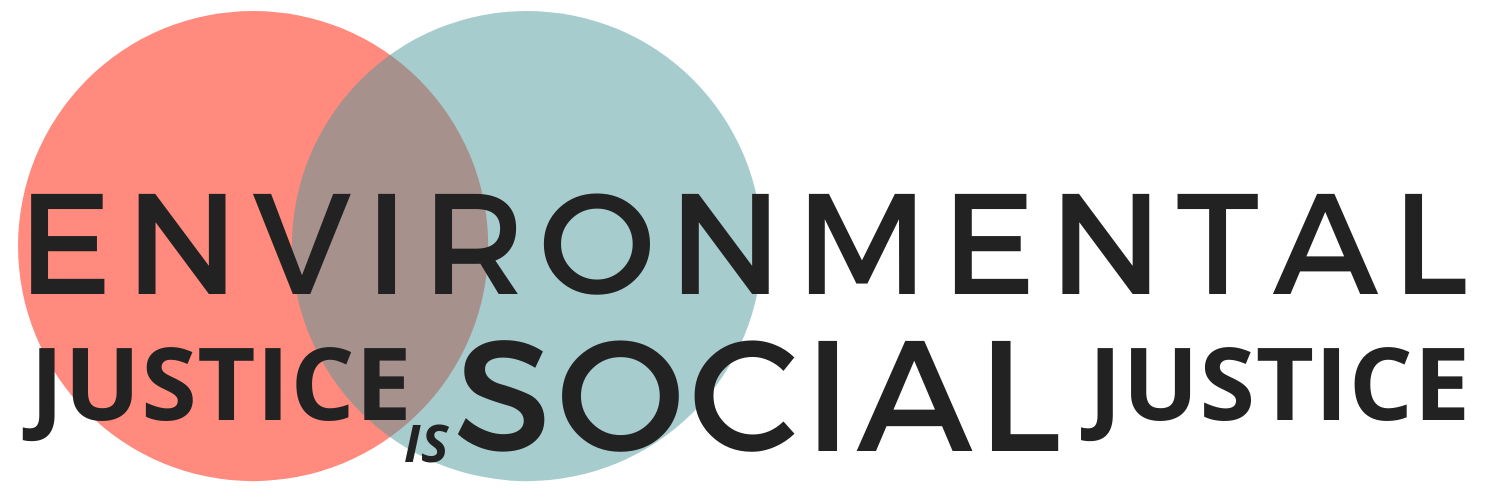
Environmental Justice
Environmental justice is the fair treatment and meaningful involvement of all people regardless of race, color, national origin, or income, with respect to the development, implementation, and enforcement of environmental laws, regulations, and policies.
Environmental Racism
Environmental Racism [ en-vahy-ruhn-muhnt-l rey-siz-uhm ] (noun) racial discrimination in environmental policy, such as targeting communities of color as sites for polluting industries and waste disposal
source: learningforjustice


Equity
Simply put equity means that everyone has what they need to thrive. Equitable access to resources, relationships, and healthy environments requires processes and procedures that consider what has happened in the past and the correction of injustices. Some people have higher needs than others and that must be accounted for when decisions are made. Ensuring access to centers of power and decision making in a way that elevates people who have traditionally been excluded is important to equity.
Social Justice
“Social justice is the view that everyone deserves equal economic, political and social rights and opportunities. Social workers aim to open the doors of access and opportunity for everyone, particularly those in greatest need.”
source: the san diego foundation


Reparations
“Reparations serve to acknowledge the legal obligation of a state, or individual(s) or group, to repair the consequences of violations — either because it directly committed them or it failed to prevent them. They also express to victims and society more generally that the state is committed to addressing the root causes of past violations and ensuring they do not happen again.”
Source: The International Center for Transitional Justice
